democracy

Shermer and Law discuss: a brief history of Hong Kong • National Security Law • crimes of secession • how Asia’s most liberal city changed so fundamentally • how rights and freedoms are won or lost • the truth: what it is and who owns it • reform society from within • freedom of speech • freedom of the press • the enemies of dictators • why democracies are fragile.

Shermer and Jacobs discuss: what possessed him to spend a year living constitutionally and biblically • what the Constitution really says and means • the Supreme Court’s rulings on guns, religion, women’s rights and more • what happens if you become an ultimate originalist and follow the Constitution using the mindset and tools of the Founders • why originalism is not the best approach • what happened when he carried a musket on the streets of NYC • an 18th…

Shermer and Takach discuss: Vladimir Putin: “artificial intelligence is the future not only of Russia, but of all mankind, and whoever becomes the leader in this sphere will become ruler of the world.” • what AI will be able to do in the coming decades • China’s surveillance state • Russia and Ukraine • Cold War 1.0: Autocracy, Democracy and Technology • Cold War 2.0: AI and Autocracy and Democracy • semiconductor chip supremacy • biotechnology • how China’s invasion…
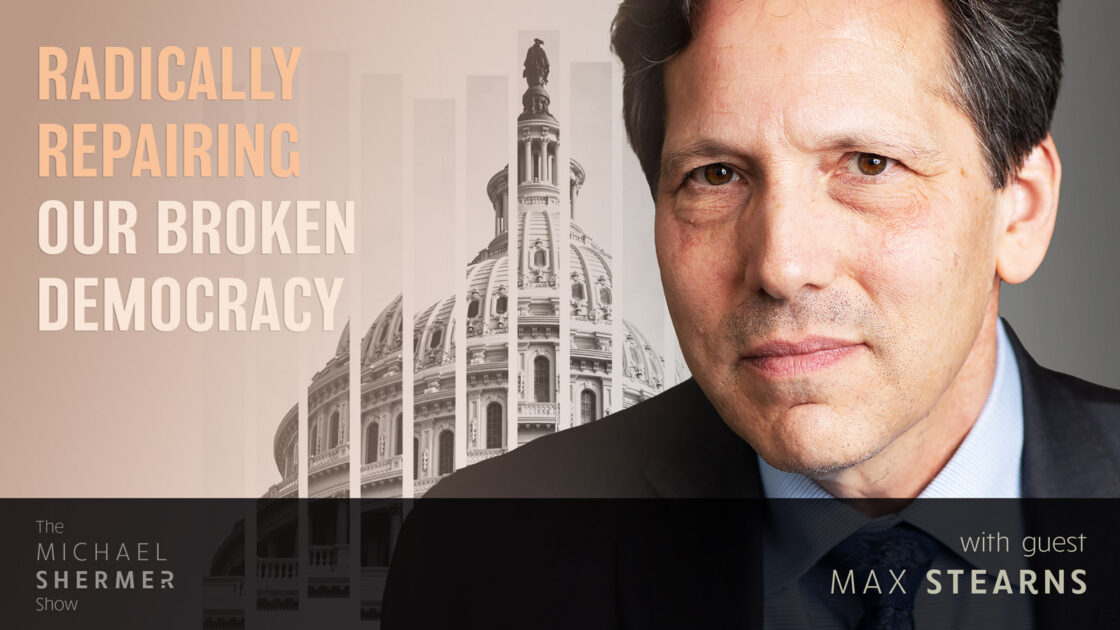
Law professor and author of dozens of articles and several books on the Constitution, Max Stearns examines the broken state of American democracy and the proposal to transform it into a parliamentary system to address the issues of polarization and dysfunction.
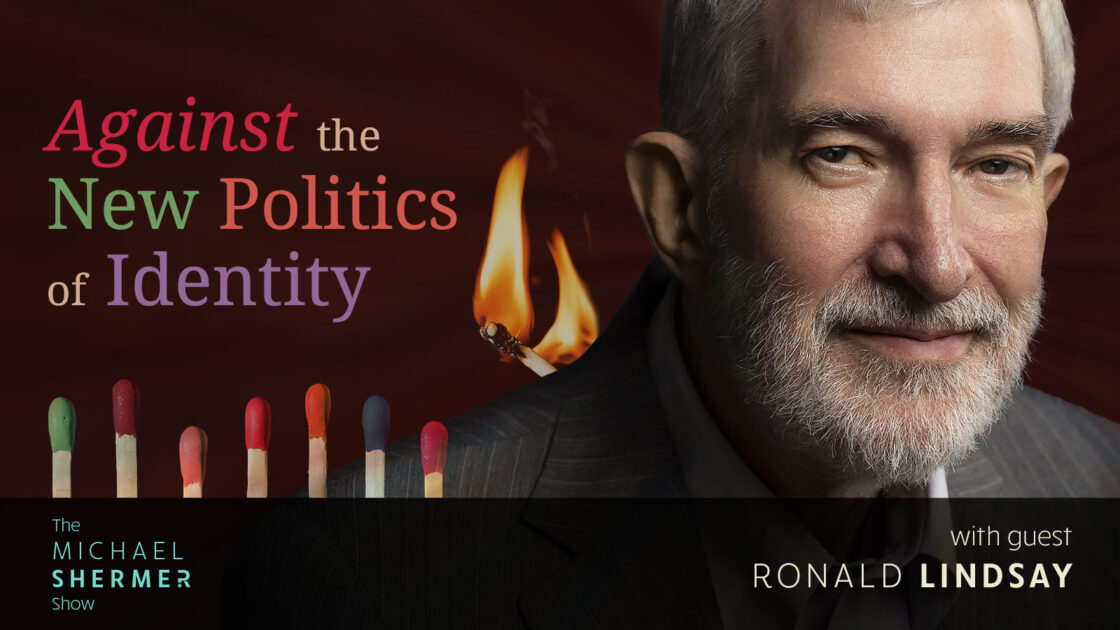
Shermer and Lindsay discuss: identity politics: identity or politics? • woke ideology • overt racism vs. systemic racism • liberalism vs. illiberalism • woke progressive leftists motivations? • Critical Race Theory (CRT) • Diversity, Equity and Inclusion (DEI) • What is progressive? What is woke? • standpoint epistemology • equality vs. equity • race • class • cancel culture • Christian nationalism.
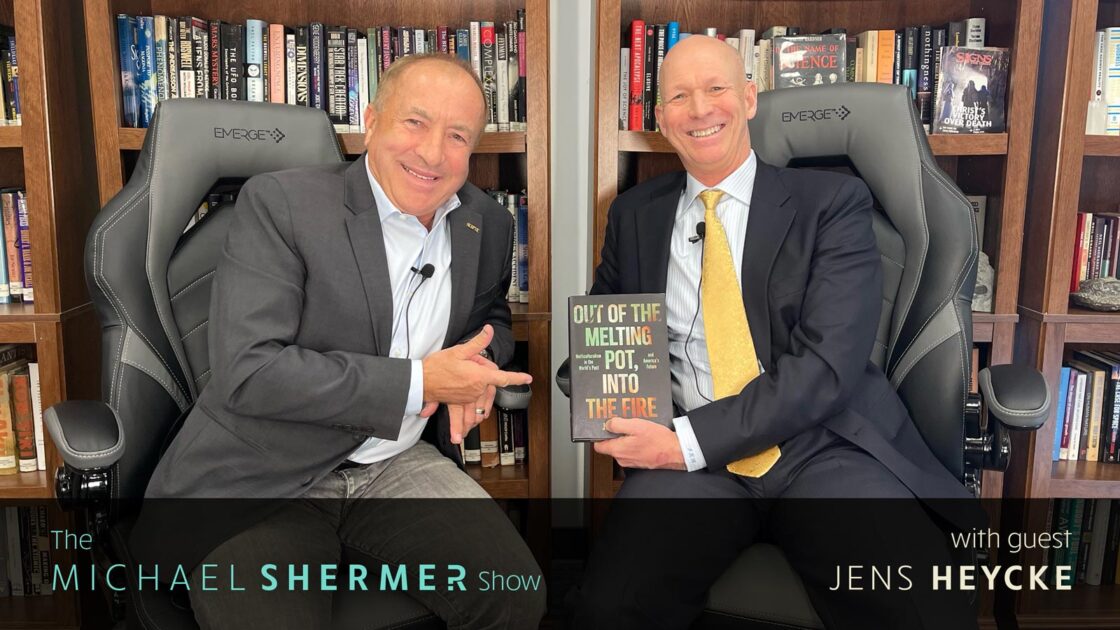
Shermer and Heycke discuss: • melting pots • culture • multi-culturalism • identity politics • cancel culture • cultural appropriation • Critical Race Theory • Affirmative Action • why group preferences tend to last forever • human nature and factionalism • how official recognition and group preferences exacerbate group divisiveness • how group identification is fluid and contextual • the future of democracy • the rise of anti-Semitism in recent years.
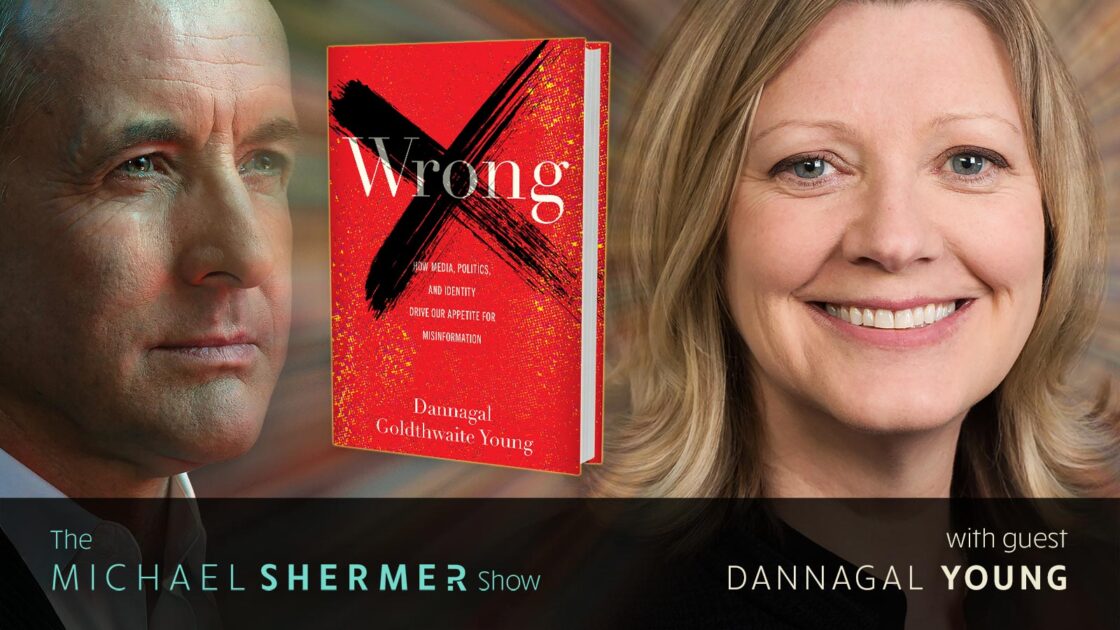
Shermer and Young discuss: how do you know if you are wrong, or that someone else is wrong • the evolution of reason: veridical perception or group identity? • the 3 “Cs” of our needs: comprehension, control, community • open-minded thinking • intellectual humility • political polarization • echo vs. identity chambers • social media • lies • disinformation • Donald Trump • democracy • science and morality • solutions to identity-driven wrongness.
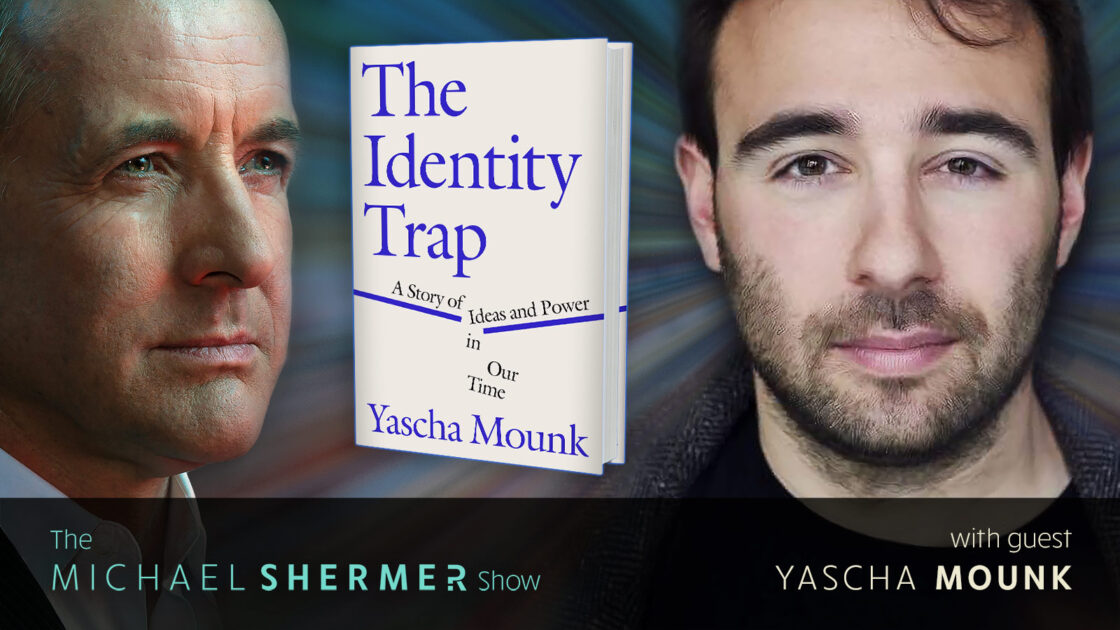
Shermer and Mounk discuss: the identity synthesis/trap • Israel, Hamas, Palestine • why students & student groups are pro-Palestinian and anti-Israel • the rise of anti-Semitism in recent years • proximate/ultimate causes of anti-Semitism • the rejection of the civil rights movement and the rise of critical race theory • overt racism vs. systemic racism • the problem of woke ideology • Trump and the 2024 election • the possibility of another Civil War • What should we do personally…

Shermer and Taleblu discuss: • Iran and Hamas • Hamas and Israel • Does Iran really want to wipe Israel off the map? • Islam, Islamism, Jihadism • Sharia Law • Hamas, Hezbollah, and terrorism in the Middle East • Would Mutual Assured Destruction (MAD) work with Iran? • Do economic sanctions work against Iran? • Trump’s strategies in the Middle East: what worked, what didn’t and why • the Iran Deal, and why they support terrorists • U.S. support…
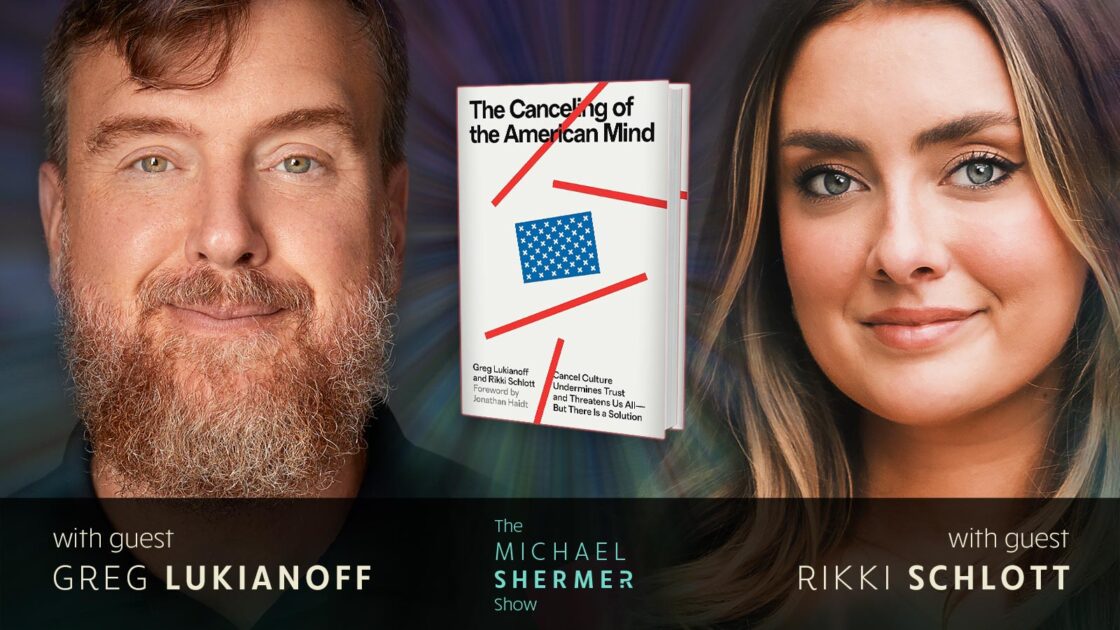
Shermer and Lukianoff and Schlott discuss: • the definition of Cancel Culture • The Henny Youngman Principle: “Compared to what?” • Cancel Culture as imagined moral panic • Cancel Culture on the political Left/Right and on social media • free speech law vs. norms • Diversity, Equity, and Inclusion (DEI) • sensitivity training • bias hotlines and silencing of speech • pluralistic ignorance • The 4 Great Untruths • Jean Twenge’s theory of generational change • solutions to Cancel Culture.
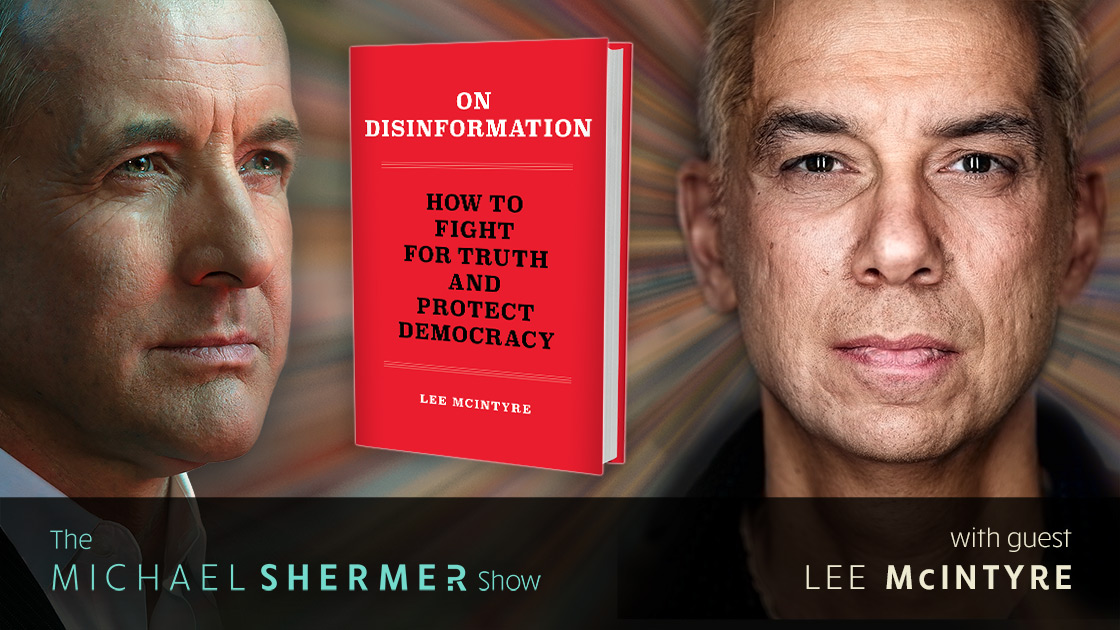
Shermer and McIntyre discuss: default to truth theory • RFK Jr. • whether reason evolved for veridical perception or group identity? • How do we know what is true and what to believe? • worst case scenarios if Donald Trump wins in 2024 • trans issues, race issues, GMOs, nuclear power, climate doomsdayism • What went wrong during the COVID-19 pandemic? • disinformation about masks, vaccines • social media and disinformation.
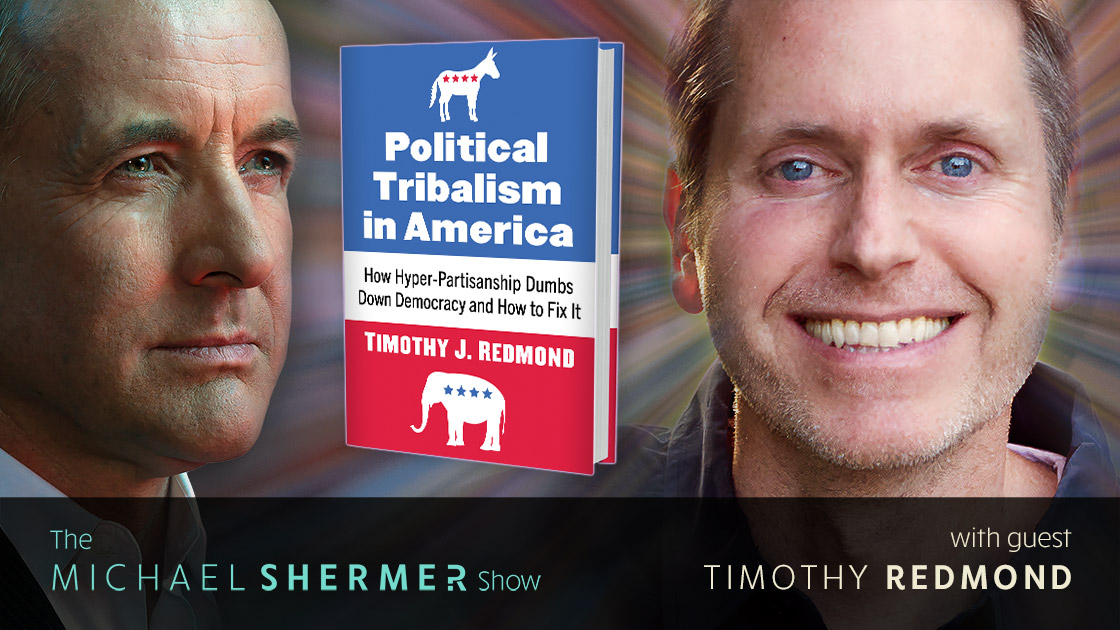
Shermer and Redmond discuss: why we have political duopoly (Duverger’s law) • parties vs. policies • Are we living in a post-truth, fake-news, alternative facts world? • How do we know political polarization is worse now than in the past? • acquiring, perceiving, and evaluating political information • evaluating: false political information, political numbers and arguments, claims of rigged election • whataboutism • cognitive responsibilities of citizenship • cognitive biases • political polarization • myside bias • numeracy vs. innumeracy…
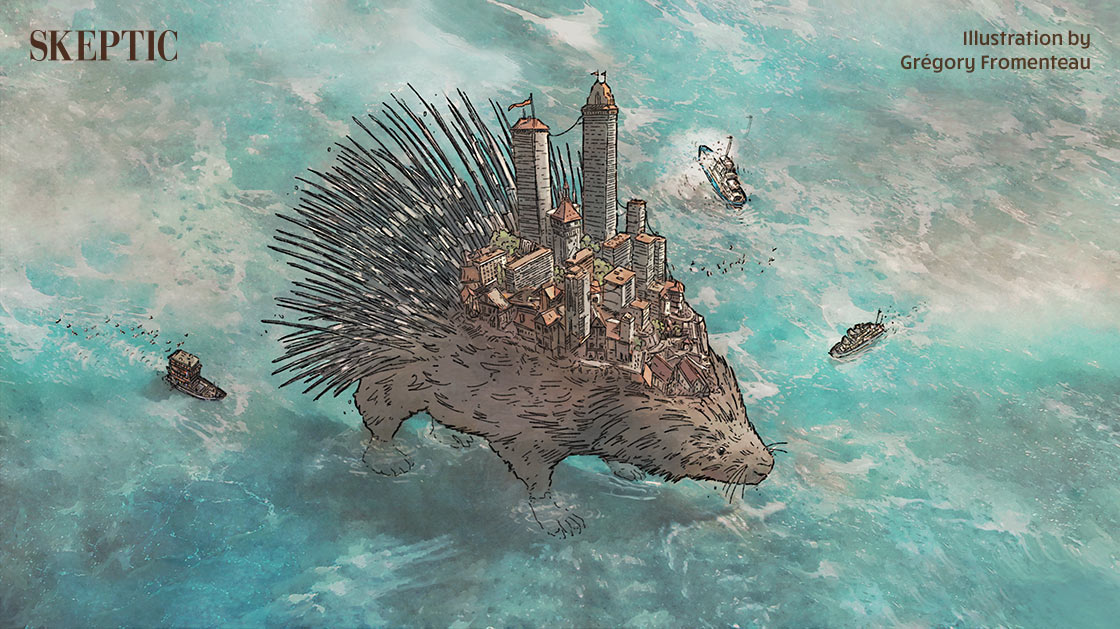
By the end of World War Two, nationalism had been thoroughly discredited. Critics charged that national self-interest had prevented democratic governments from cooperating to end the Great Depression, and that nationalist passions had led not just to war, but also to some of the worst crimes groups of human beings had ever perpetrated on others. In this defense of nationalism the renowned scholar of politics William Galston presents twelve arguments in defense of the importance of national identity.
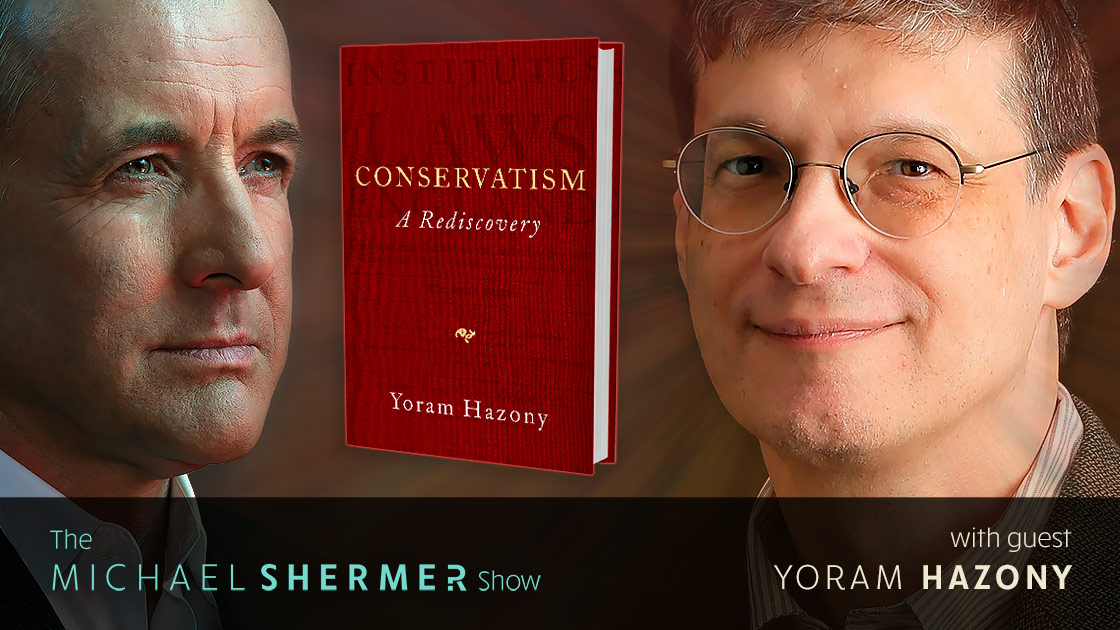
Political theorist Yoram Hazony argues that the best hope for Western democracy is a return to the empiricist, religious, and nationalist traditions of America and Britain. Shermer makes the case for Enlightenment liberalism, with its focus on science and reason, as the primary driver of moral progress over the centuries.
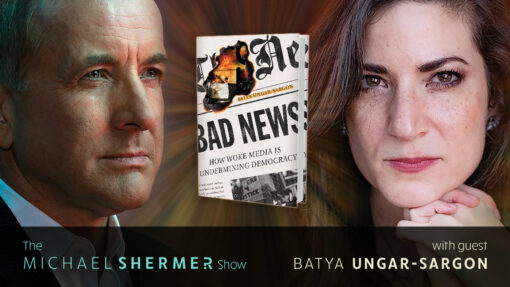
Michael Shermer speaks with Batya Ungar-Sargon about her new book Bad News: How Woke Media Is Undermining Democracy in which she reveals how American journalism underwent a status revolution over the twentieth century — from a blue-collar trade to an elite profession.
Is there vigilantism in science? Was the renowned Harvard biologist Edward O. Wilson wrongly convicted of racism and promoting race science in the court of public opinion? Yes, says his long-time collaborator and world-class scientist Bert Hölldobler. PLUS: Michael Shermer speaks with Batya Ungar-Sargon about her new book Bad News: How Woke Media Is Undermining Democracy in which she reveals how American journalism underwent a status revolution over the twentieth century — from a blue-collar trade to an elite profession.

Michael Shermer speaks with political demographer, former demographics consultant to the United States Department of Defense, and author of The Future Faces of War, Jennifer Sciubba, about her new 8 Billion and Counting.

Political violence rips apart several towns in southwest Texas. A far-right militia plots to kidnap the governor of Michigan and try her for treason. An armed mob of Trump supporters and conspiracy theorists storms the U.S. Capitol. Are these isolated incidents? Or is this the start of something bigger? Michael Shermer speaks with professor of political science, Barbara F. Walter, about her increasing worry about civil conflict in the United States.
Michael Shermer speaks with Barbara F. Walter about how civil wars start and how to stop them, including in the United States.
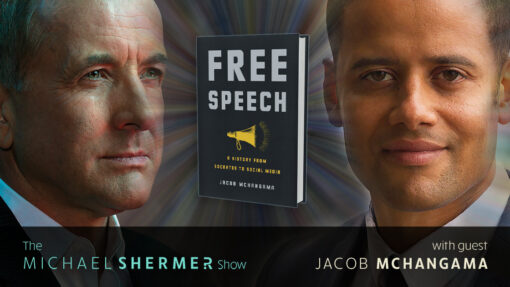
In this episode, based on the book Free Speech, Michael Shermer and Jacob Mchangama discuss the riveting legal, political, and cultural history of the principle, how much we have gained from it, and how much we stand to lose without it.
NEXT →


























